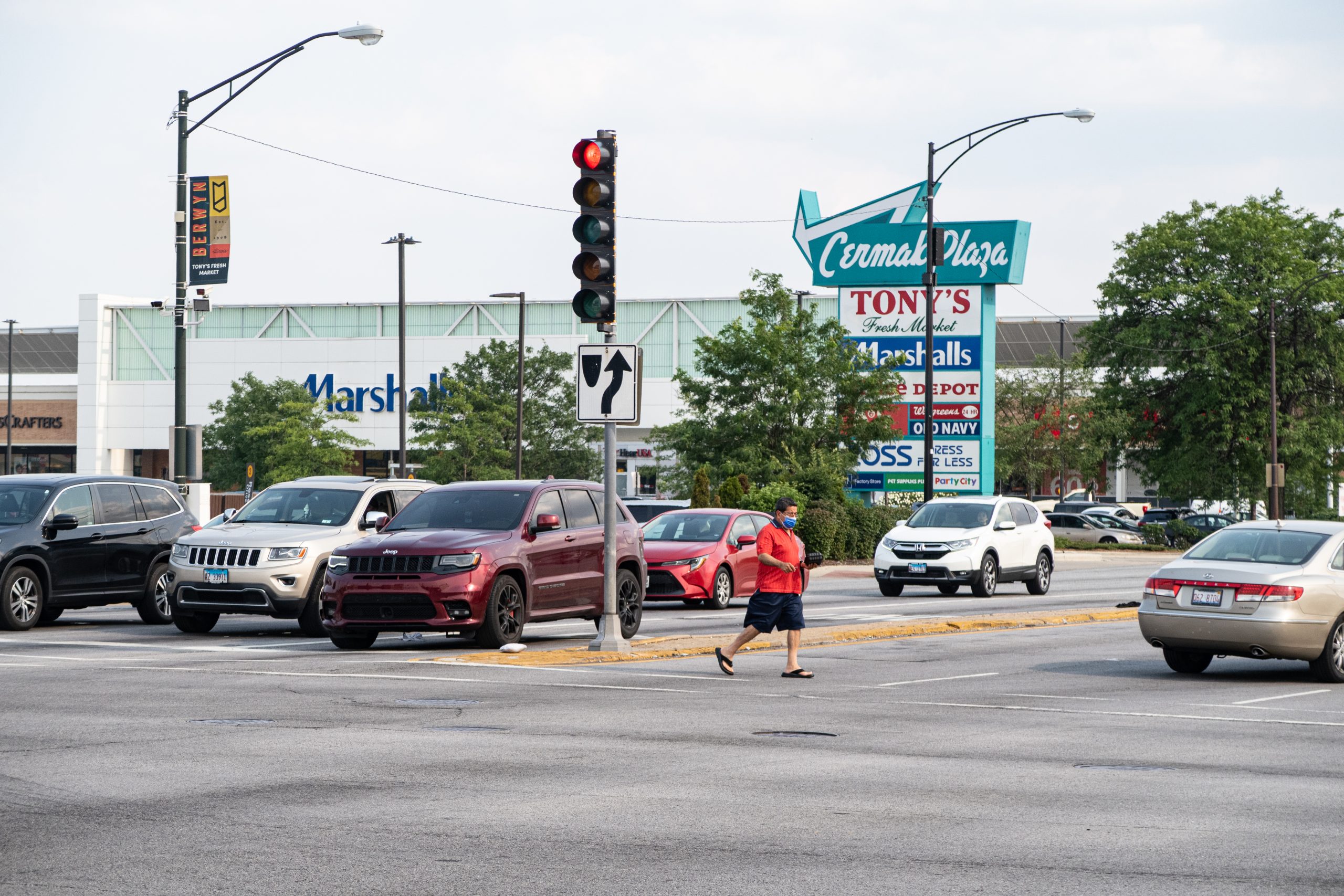Did You Know?
Advocates call for removing road expansion projects from regional plan

A coalition of advocacy organizations is urging regional transportation officials to abandon plans to expand expressways and arterial streets given the proven harm these projects have on quality of life in communities across the Chicago region.
Active Trans joined nine other groups in a letter to the Chicago Metropolitan Agency for Planning’s (CMAP) transportation committee. The agency is currently updating its list of regionally signficant projects that are eligible for federal funding.
The proposed list includes projects that would add 158 lane miles to the expressway system and 141 miles of new lanes on arterial streets, according to analysis by the Metropolitan Planning Council.
Active Trans read the letter into the record at Friday’s committee meeting. Following are excerpts from the letter:
We are in a critical moment for the future of the Chicago area’s transportation network. A wealth of federal and state funds provides opportunities to transform our streets and improve quality of life in communities across the region. We are excited about the potential for the updates to the regional plan to result in progress on our shared safety, equity, and sustainability goals. This will not happen, however, if CMAP takes a “business as usual” approach with this update and advances projects that increase emissions and make our streets less safe for everyone.
The current list of new regionally significant projects includes a troubling number of arterial widening proposals. It is well documented how recent spikes in traffic crashes, serious injuries, and fatalities can be attributed to safety issues on arterial streets. These streets already divide communities and are unsafe and uncomfortable for people walking and biking. Widening them only makes these problems worse while encouraging more people to drive and increasing emissions.
Evidence shows adding lanes to expressways and arterials does not result in long-term congestion relief for people driving because any new capacity is quickly filled up by additional cars and trucks, leading to more emissions. CMAP’s current scoring criteria fail to account for this reality. In fact, projects that add new lanes to expressways are shown to reduce emissions because of supposed increases in speeds. For individual projects that add lanes to arterials, emissions impacts are not considered at all.
In our ON TO 2050 regional plan we as a region committed to creating a modern, multimodal transportation system that reduces greenhouse gas emissions and doubles transit ridership from 2018 levels. Adding 158 additional lane miles of interstates and 141 lane miles of arterials, as this list would do according to analysis by the Metropolitan Planning Council, is entirely inconsistent with this goal. To improve safety, equity, and sustainability, we need to make it easier for people to drive less – not fund projects that make it easier for them to drive more.
We urge you to remove the widening projects from this list to allow more time to fully evaluate their potential impact on the region’s safety, climate, and equity goals. This is consistent with guidance from the Federal Highway Administration calling for states to use new federal funds to prioritize projects that fix existing infrastructure and support multimodal travel above projects that expand road capacity.
This list features more of the same widening and resurfacing projects while doing little to change the fundamental flaws in our transportation network. From both an equity perspective and a sustainability dimension, persisting on this course would be a tragic missed opportunity.
Make a Donation
Your tax-deductible donation supports the important work that Active Trans does throughout the region
